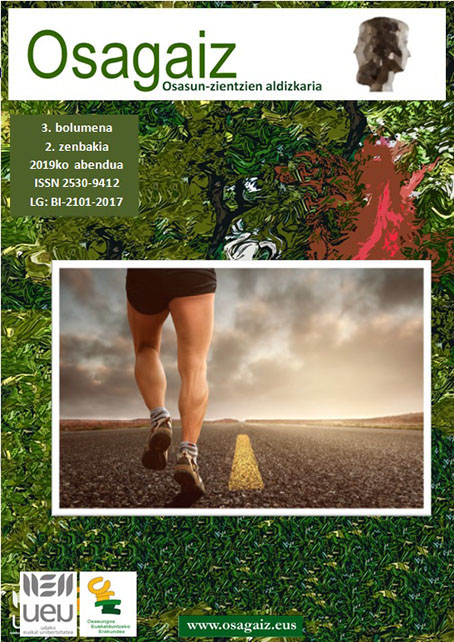Abstract
It has been described that social factors alter the incidence and evolution of several illnesses, not only globally, but also in the Basque Country. The main goal of this research work was to analyse whether socioeconomic situation is associated with tuberculosis, which has been historically linked to poverty. To this end, data from Gipuzkoa was used, taking into consideration 2010-2017 period of time. A secondary objective was to describe the evolution of tuberculosis in Gipuzkoa, from year 2003 to 2017. In order to analyse socioeconomic status, each case was assigned to a level of deprivation using an ecological method, considering their census information when the diagnostic was made. Incidence was calculated using census data from 2011, discerning between section, age and sex. Basque Country’s population data from the same year was used to obtain standardised rates. In those cases with pulmonary tuberculosis, diagnostic delay and adherence to treatment were studied for different levels of deprivation. Statistical analyses were performed by SPSS program. An association between tuberculosis incidence and ecologically assigned socioeconomic situation has been observed, since a greater risk of suffering from tuberculosis has been detected in people with the higher level of deprivation when comparing with that of the lower one, being differences statistically significant in men (standardized incidence ratio: 2.15, confidence interval: 1.51-3.07). Nevertheless, differences among socioeconomic status have been reduced in the last 15 years. Regarding health care, no association between diagnostic delay and socioeconomic situation has been described. However, adherence to treatment is more difficult to fulfill in more deprived populations.

